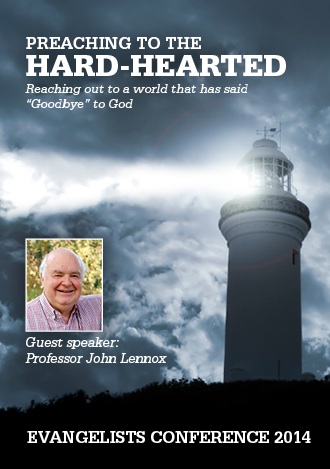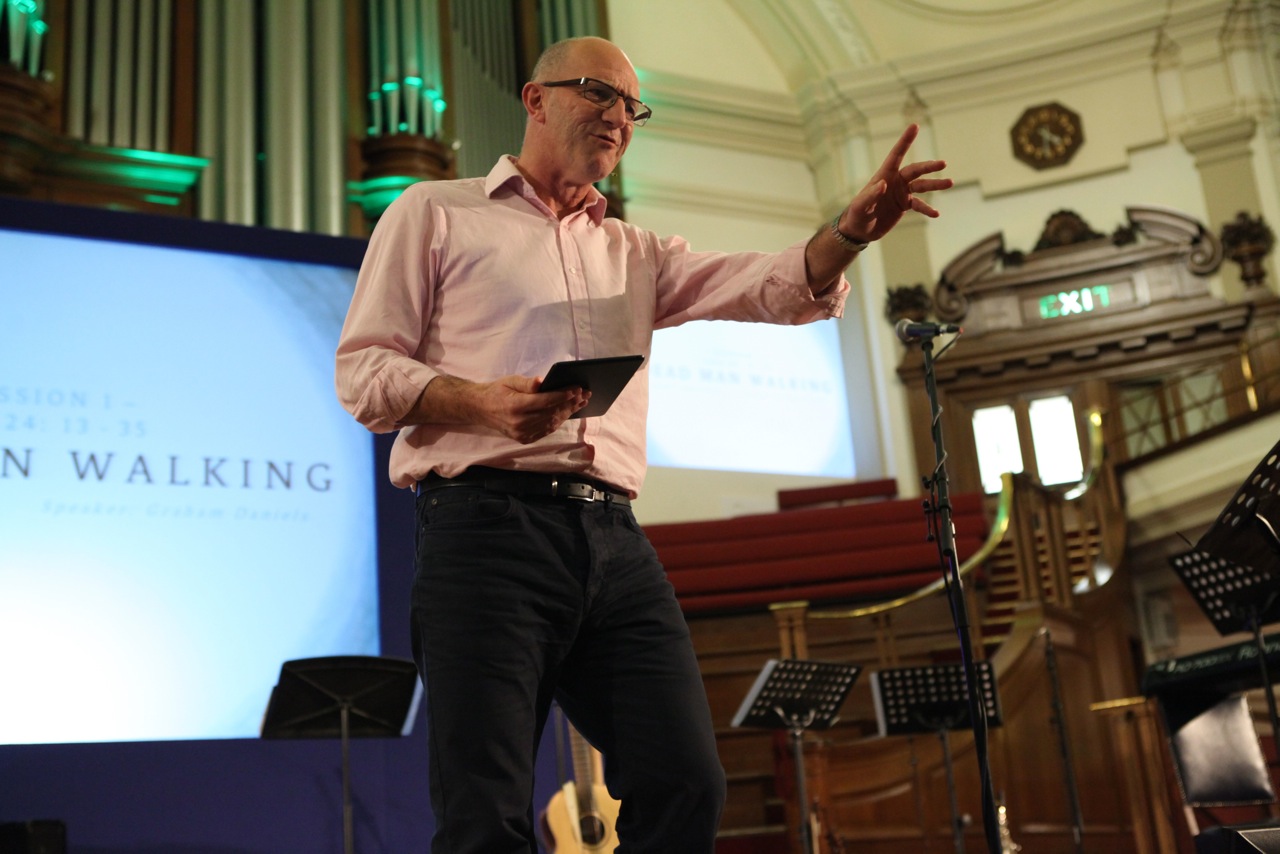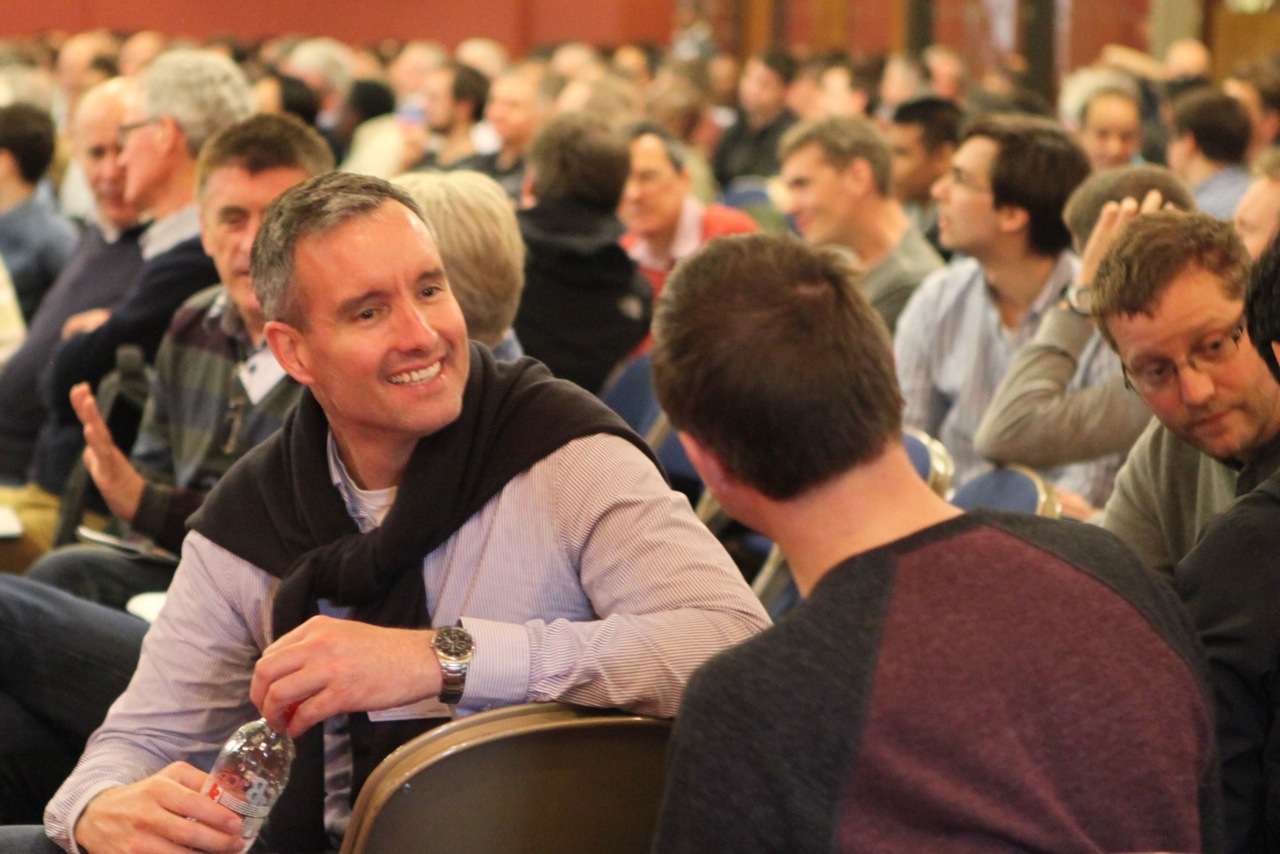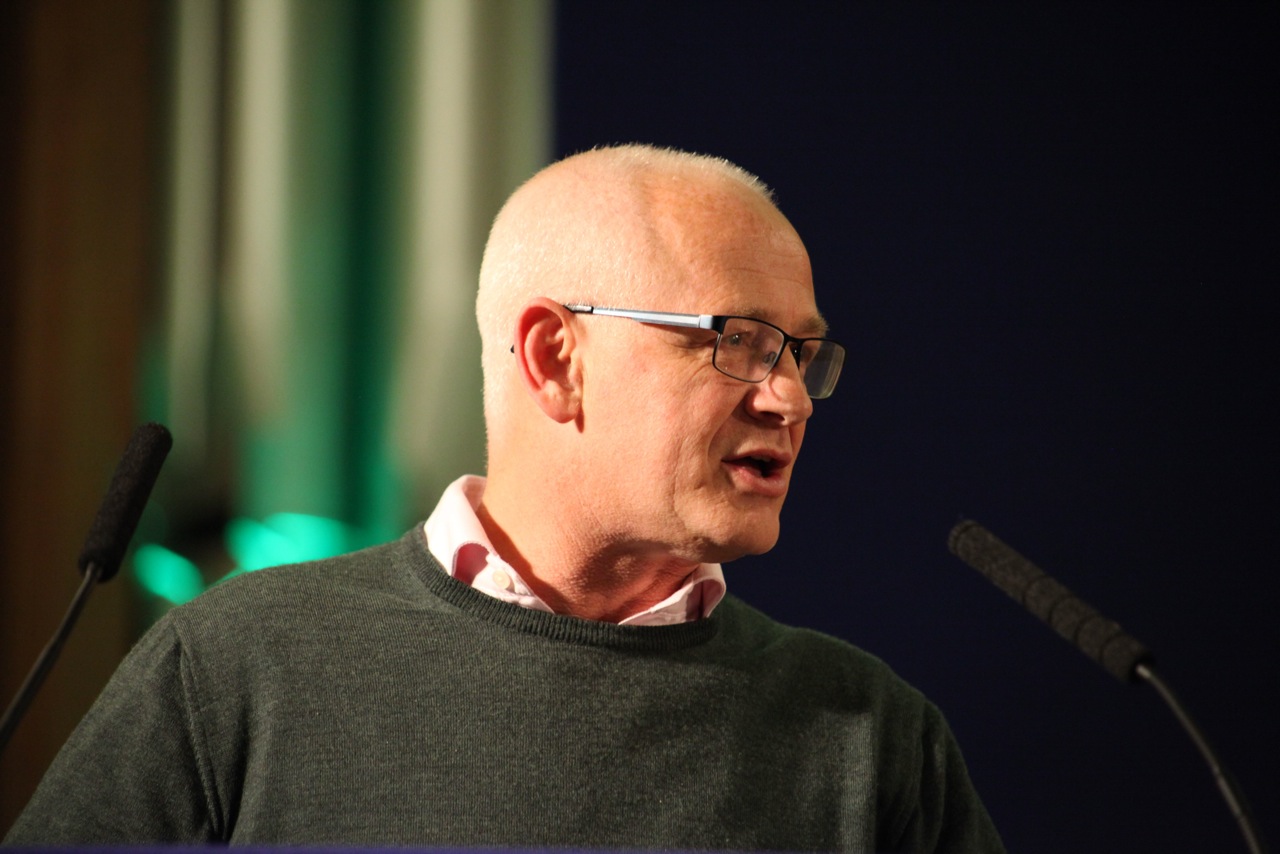
Rachel Jones, The Good Book Company's editorial intern, is about to take 3 months off. We thought you might like to know a little of what she's getting up to ...
What are you going to do?
I’m spending 2 months in a South Asian country with the organisation Serving In Mission. I’m hoping to learn what it’s like to be a cross-cultural Christian worker—so I’ll be getting up to a variety of things, from running activities at a playgroup at a development project, to trying my hand at learning the local language. The writing and editing training I’ve received from the great creative minds of The Good Book Company may well come into use too…
Why do you want to serve God in this way short term?
Like many Christians, I’m compelled by Jesus’ command to makes disciples of all nations, and so I hope to be able to contribute something towards that great commission. Secondly, It’s often said that in our churches, some are called to serve God overseas long-term, while others are to “send” them, by providing financial and prayer support. Which is my role? This trip, although short, will better equip me for either.
How can we pray for you as you serve?
As I’ve been doing some background reading, I’ve been really challenged by the vision of what Jesus gave up to rescue us—giving up all the glories of heaven to become fully human, and ultimately dying on the cross. So cross-cultural workers, in a (lesser) sense of the word, aim to become fully “incarnate” in the host culture. That means living as much like the people they’re trying to reach as possible, and trying to fit into the culture, however uncomfortable that may feel. So please pray that instead of worrying about physical discomfort and distance from loved ones, I would keep what Jesus has done for me at the forefront of my mind, and be as ready as he was to listen to, understand, love and serve others.
But much more, please join me in praying that God would grow the church in South Asia, so that on the last day, there would be many from that culture among the scene described by John in Revelation 7:9-10:
“After this I looked, and there before me was a great multitude that no one could count, from every nation, tribe, people and language, standing before the throne and before the Lamb. They were wearing white robes and were holding palm branches in their hands. And they cried out in a loud voice:
‘Salvation belongs to our God,
who sits on the throne,
and to the Lamb.’”
The Trojan Horse 'Islamic radicalisation plot', in which several schools in Birmingham stand accused of enabling (or not preventing) the potential radicalisation of their overwhelmingly Muslim pupil bodies, has revealed what a threat to Christianity the faith is.
By faith, I don't mean Islam. I mean secular 'tolerance'.
Of course, it's serious if state-funded schools are having speakers in assemblies who promote extremist viewpoints; if pupils are not taught properly about faiths other than Islam; if girls are not given the same opportunities as boys.*
But what's most serious is lines like this, which came from MP Chris Bryant on the BBC's Question Time the other day:
“Of course it’s not wrong to be devout and conservative and to have conservative views, but it is wrong to separate girls and boys or to treat girls differently.”
Why should that worry you? Because Chris Bryant has done the classic mid-sentence switch that tolerant relativists all end up doing.
The Intolerantist faith
Notice the first part of his sentence is classic tolerance. It’s fine for you to believe whatever you believe. Who is anyone to tell you what to think, or to tell you that what you think is wrong? This is a tolerant country, where we welcome people of all faiths.
But the second part of his sentence completely undermines the first part. Because if your religious conservatism means you think your sons and daughters should sit separately in class (or that, if you’re a teenager, you should sit apart from the opposite gender in class), well that’s not fine anymore. That’s wrong. And you’re wrong.
In other words, you can be a religious conservative as long as your religious conservatism doesn’t lead you to do things that I don’t think are right.
That’s intolerant. It’s the intolerance of a ‘tolerant society’, which decides the boundaries of acceptability, and then polices them fiercely. It’s the intolerance of tolerance—we might call its advocates devout (in)tolerantists.
And it’s an issue for Christians. Because despite all the jumping up and down, Muslims form a very small proportion of the UK population. Radical Muslims are not going to be in charge of our laws and courts anytime in our lifetimes.
But radical (in)tolerantists already are. And how long is it before there’s a news item about a school, or group of schools, where some of the governors stand accused of:
How long before someone sits on the Question Time panel and says: “Of course it’s not wrong for evangelical Christians to be devout and conservative and to have conservative views, but it is wrong to think what you do about sexuality, act like you do in evangelism, promote what you do as a school governor.”
If you’re an evangelical, your beliefs sound just as radical, extreme and unpalatable to a secular (in)tolerantist as a conservative Muslim’s do. Don’t be fooled by the first half of the sentence: it’s the second that shows the danger.
*Although let's make two qualifications; it's serious if non-state-funded schools do these things too—would you be fussed about the educational background of a radicalised terrorist? And second, it's amazing how segregation of girls and boys seems anathema, when I attended a very 'English' and wholly segregated school. It was a boys' grammar school.

The rising generations in the UK are growing up in a world that has said “goodbye” to the idea of God. In the media, through their education, and in the culture, they have been told repeatedly that the idea of God is old fashioned, irrelevant and out of touch.
Although the numbers who profess to be purely atheist are relatively small, for all practical purposes many live and think with no reference to, or thought of God day by day, and are hardened to any suggestion that there may be something more to life than biology, genetics and physics.... continue reading
Evangelist John Chapman once remarked that the surest way to halt the conversation at a dinner party was to turn to your host and ask them: "Have you given any thought to your death recently?" People just don't want to talk about dying.
You Only Live Once! is a statement shortened to YOLO - a tag that Twitter user to justify anything at all. But a survey revealed last week that, while people are more than happy to talk about the upside of that statement, they are far more reticent to admit to the downside. After this one life, we die.
This is the theme of a campaign by the Dying Matters Coalition, set up by the National Council for Palliative Care (NCPC) in 2009. This year’s theme is ‘You Only Die Once‘ – Twitter users are being asked to tweet with the #YODO hashtag during the awareness week that has just finished.... continue reading
The horror of the girls abducted in Nigeria can barely be quantified. The plight of those trafficked across the world as domestic slaves or tools for the sex industry continues each year. Individuals mysteriously disappear each month, even in the safe suburbs of the developed world, despite the best efforts of the authorities to track them down. And in the wake of such tragedy there is pain and desolation in the lives of individuals, families and communities.
If we live nearby we can help search, we can encourage those affected through visits and cards. But, for many of us, the only way to help is prayer - geographically we are in the wrong place to do anything else, except maybe sign a petition or two. But all too often words fail us. All too often we allow our busy lives to crowd out the pain of others across the world. So why not take a moment now to bring their plight to the Lord, in the [slightly adapted] words of the Psalmists...... continue reading
It's been kept shrouded in secrecy for years. There have been hints and wild rumours - whispered speculation in dark corners. And there have been those who have made wild speculations about the timing and nature of this return. It will be soon; it will never happen.
But now we know it's definitely soon. Star Wars is coming...
The new movie is about to start shooting in Pinewood Studies, in North London, and at last the details are beginning to emerge. The new movie, to be made by Disney, will feature the same trio of actors that were propelled to world fame through the original movie: Harrison Ford, Mark Hamill and Carrie Fisher - plus the original actors who appeared "costumed" as C3PO, R2D2 and Chewbacca - the big hairy Wookie.... continue reading
Banter and the Bible
A great time at the London Men's Convention on Saturday - the last in its current format. The theme was the resurrection of Christ, and the day started with a terrific session with Welsh whirlwind Graham Daniels. He encouraged us from the story of the disciples on the Emmaus Road by showing us how Banter led to Bible and then Belief. Same process with us as we proclaim the risen Lord - engaging in normal, ordinary, everyday conversation, can lead us to opening up the Bible with people through which the Spirit can bring about the miracle of belief.

Seminars: Greening the workplace...
Mark Green of LICC gave one of three stimulating seminars on offer - on being fruitful for Christ in the workplace. Excellent and thought-provoking session that got us thinking more about being a disciple wherever we are. Got everyone talking. Other seminars were led by Pete Woodcock and Dan Strange.

Vaughan and the future
A crackling last session in which Vaughan Roberts pointed us to the future - our resurrection hope in Jesus. Richard Coekin (pictured) finished the conference by pointing the way to the future. This was the last LMC in its current form, and the organisers are considering a different kind of event for the future. Watch this space.

A new report this week showed that “violent crime is continuing a long-term fall in England and Wales”. Data from hospital emergency departments shows a 12% fall in injuries from violent crimes, with 32,800 fewer victims than the previous year. With just one exception, violent crime has fallen every year since 2001. It’s not an isolated trend either. One expert is quoted as having said: “Violence is falling in many Western countries and we don’t know all the reasons why”.
There are a number of possible reasons. The experts link the fall in violence to declining rates of binge drinking. Disposable income has fallen as the price of alcohol has increased—and, intriguingly, the cultural attitude to alcohol among young people appears to be changing. Perhaps all those TV adverts and tedious PSHE lessons in schools spelling out the dangers of excessive drinking have proved effective.... continue reading